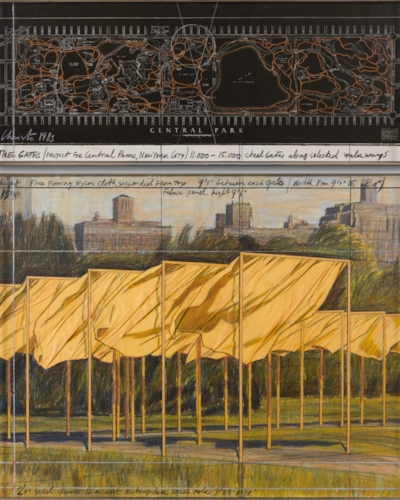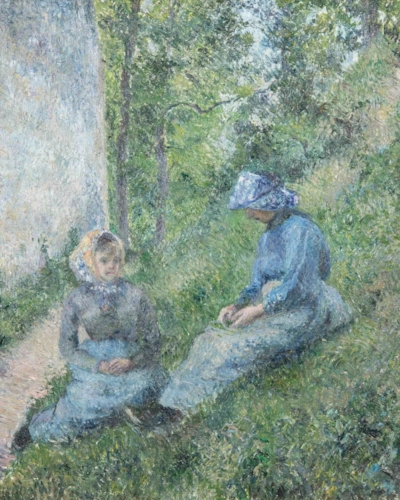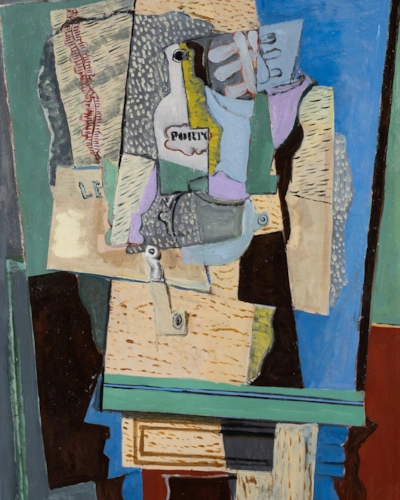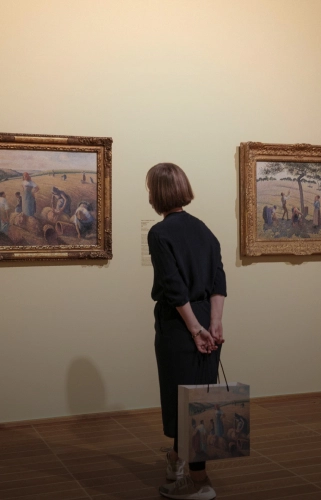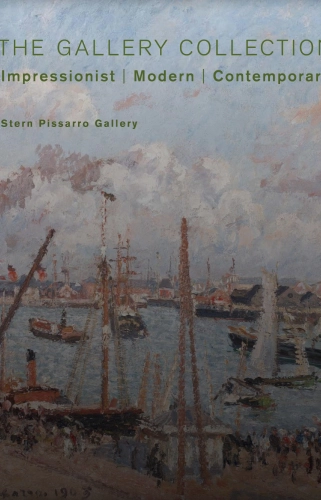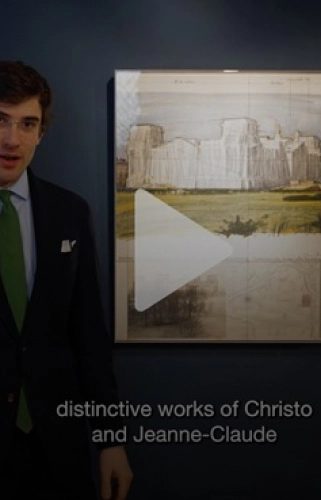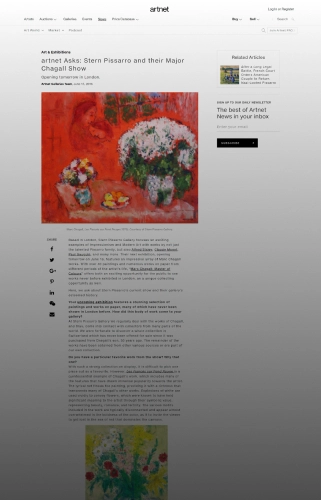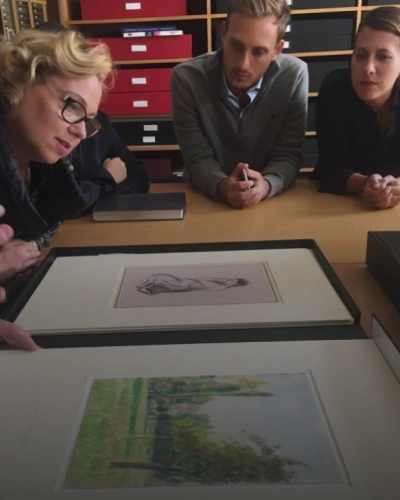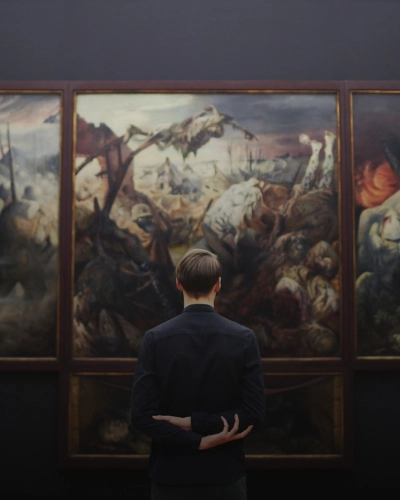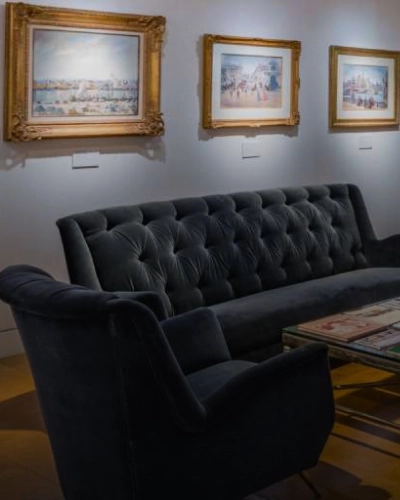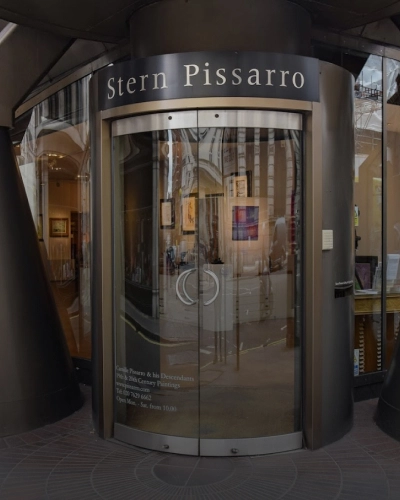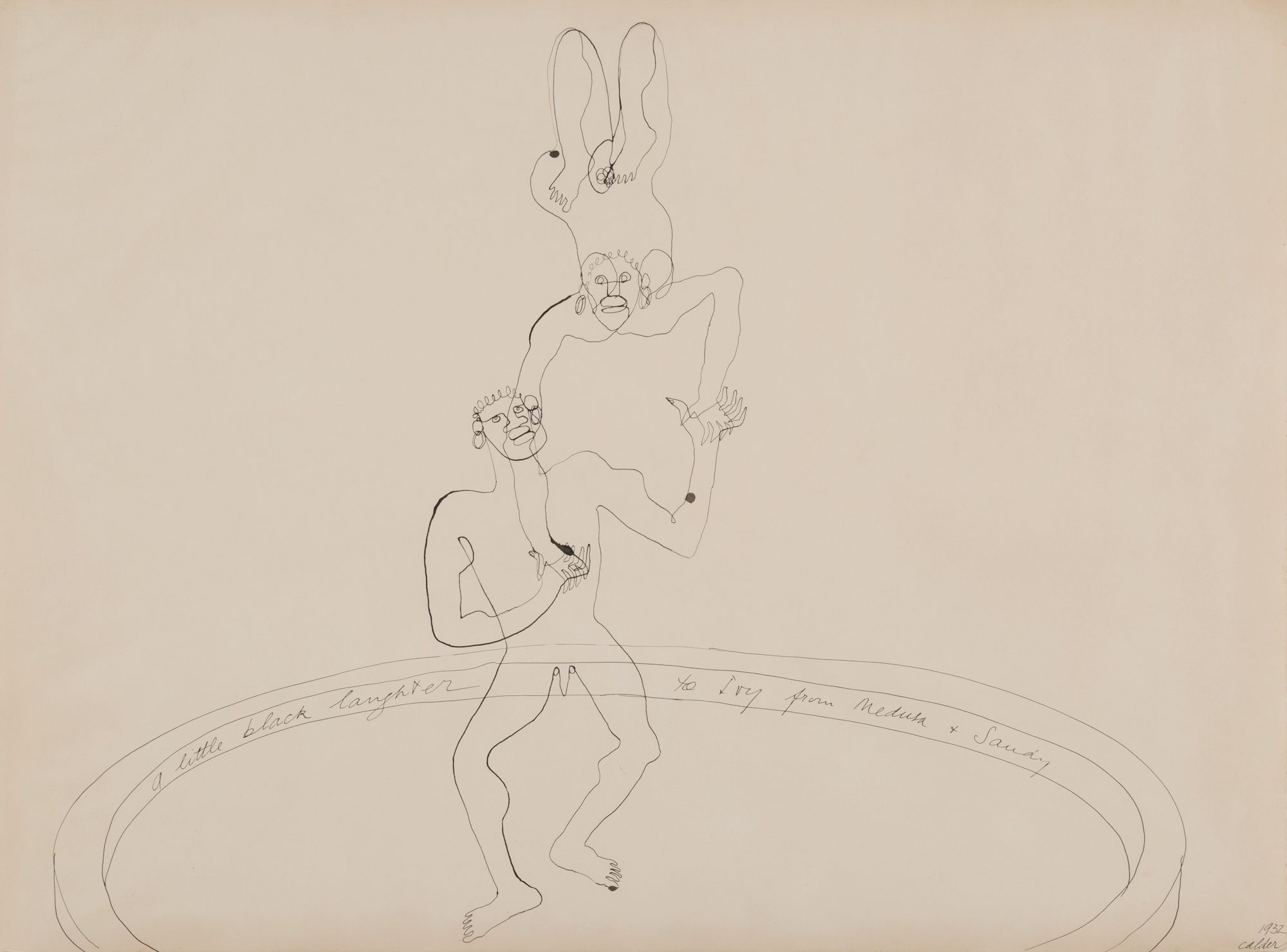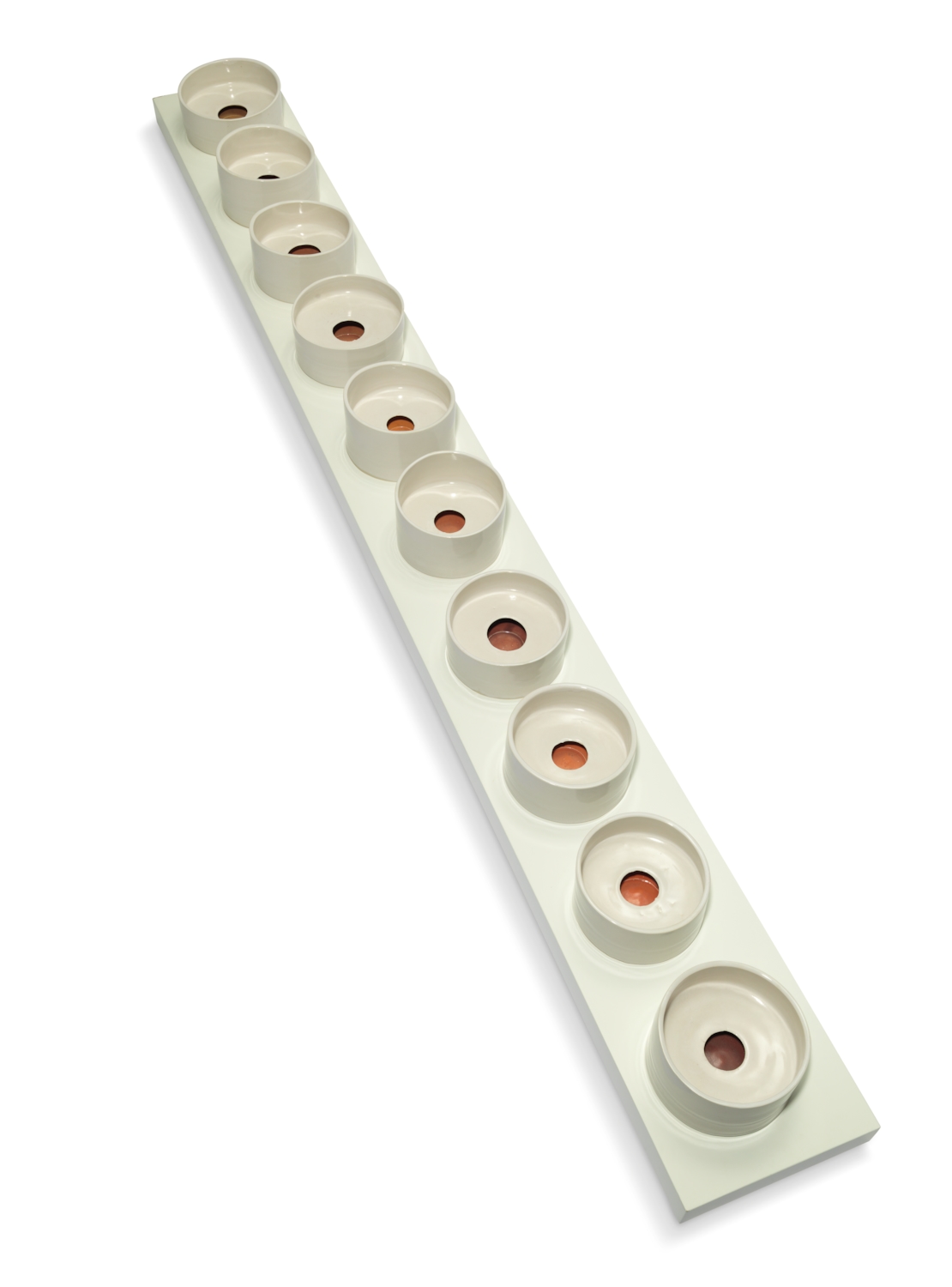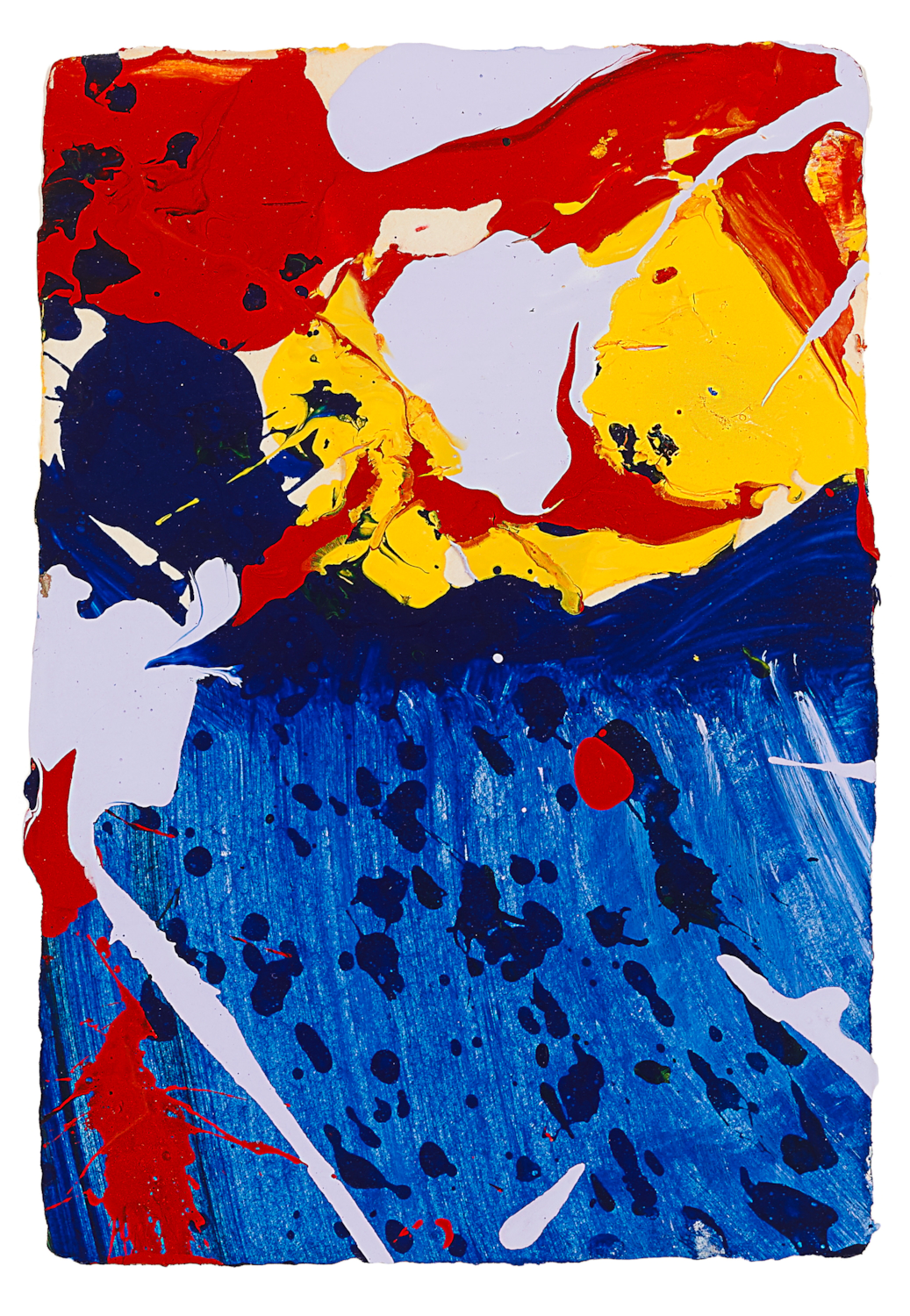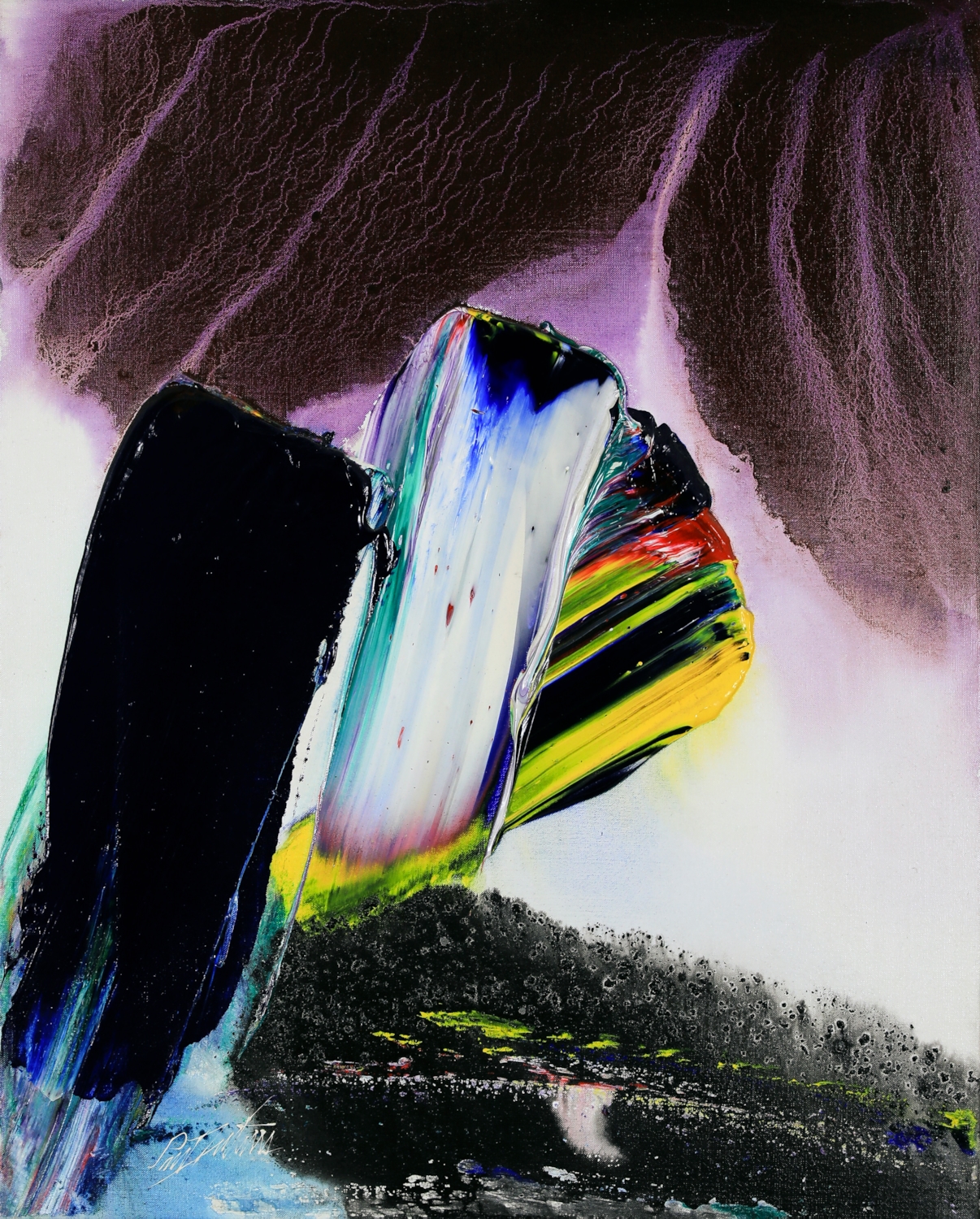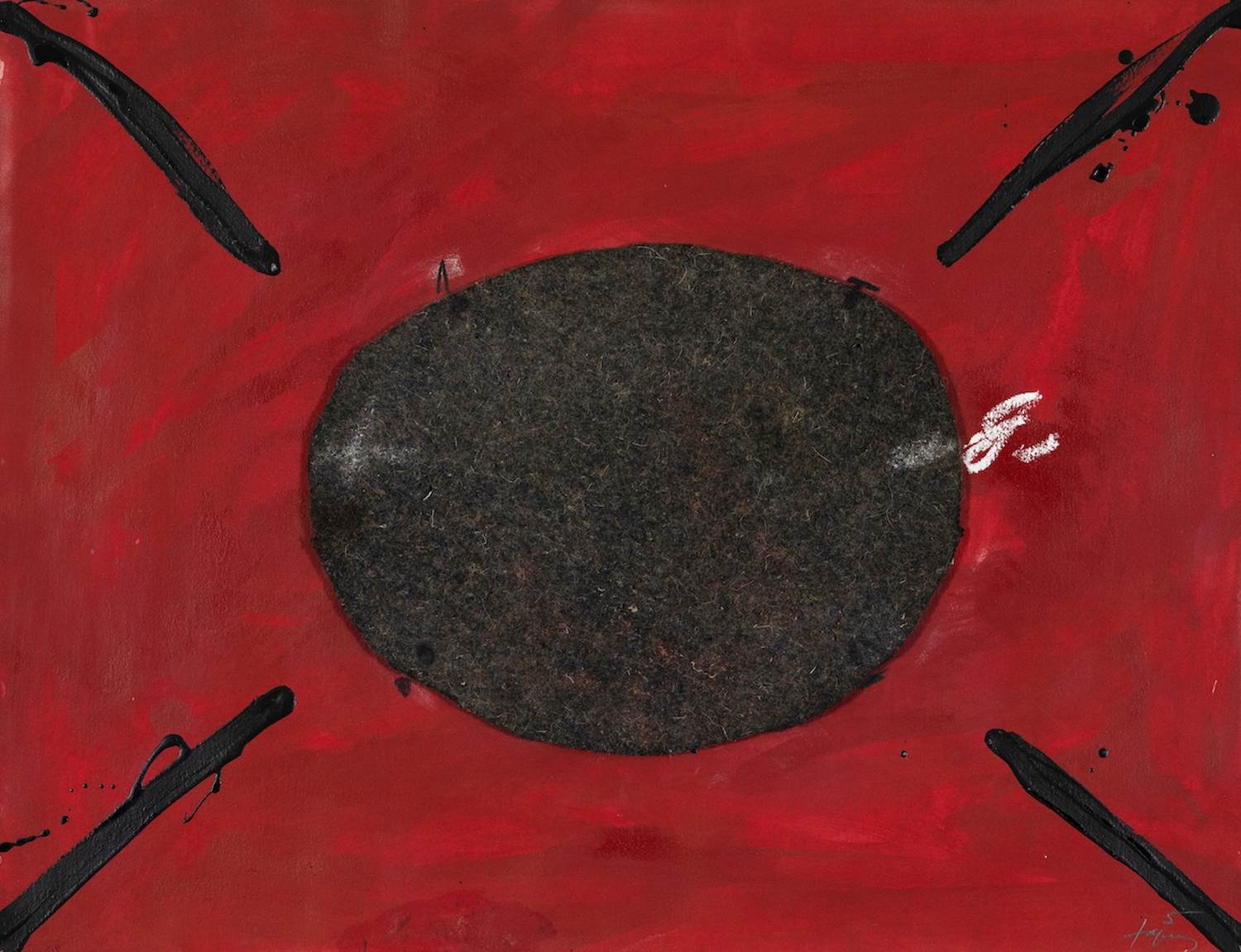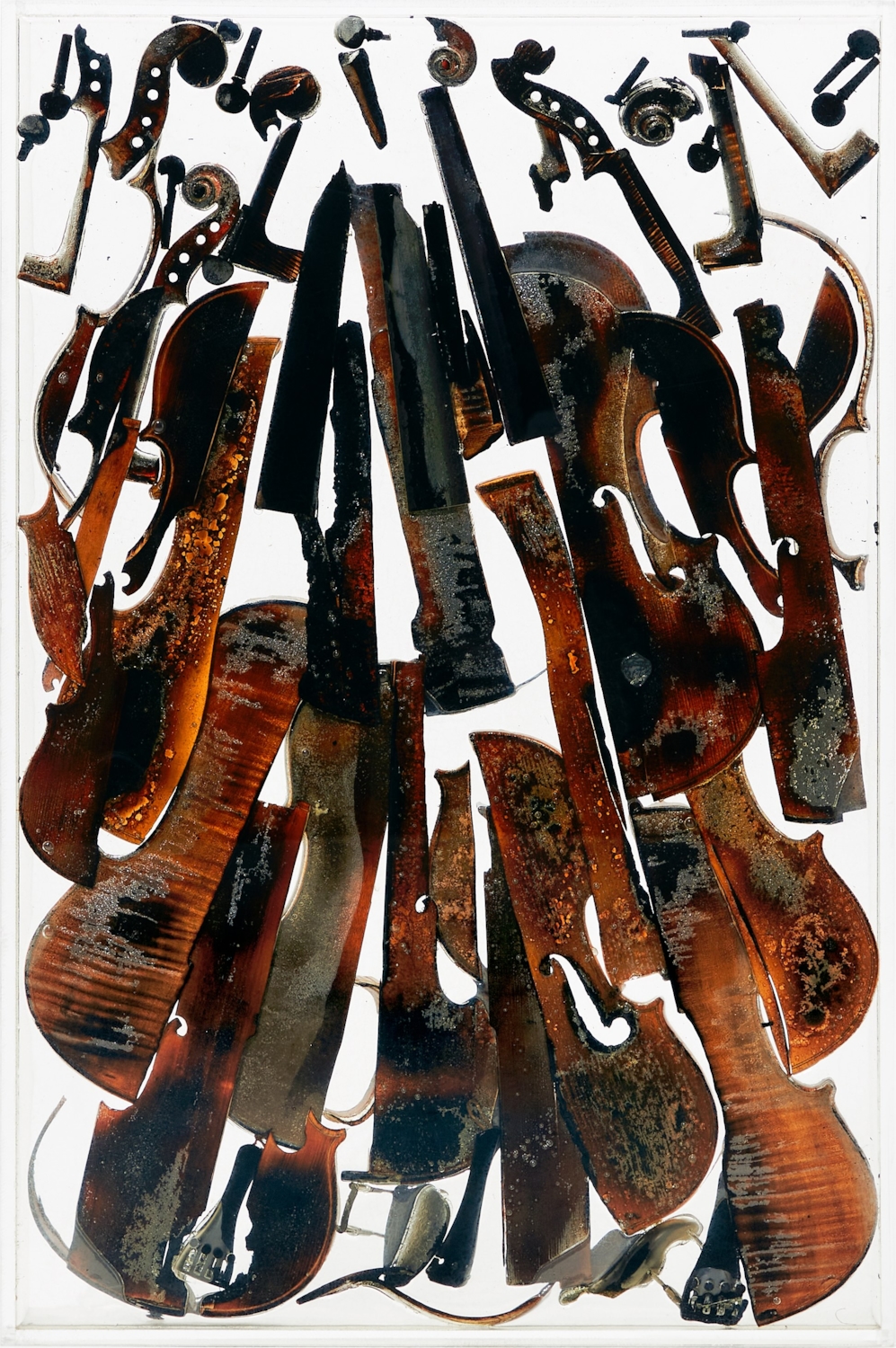Alexander Calder
1898 - 1976
The Acrobats
57.1 x 77.5 cm (22 ¹/₂ x 30 ¹/₂ inches)
Signed and dated lower right, Calder 1932
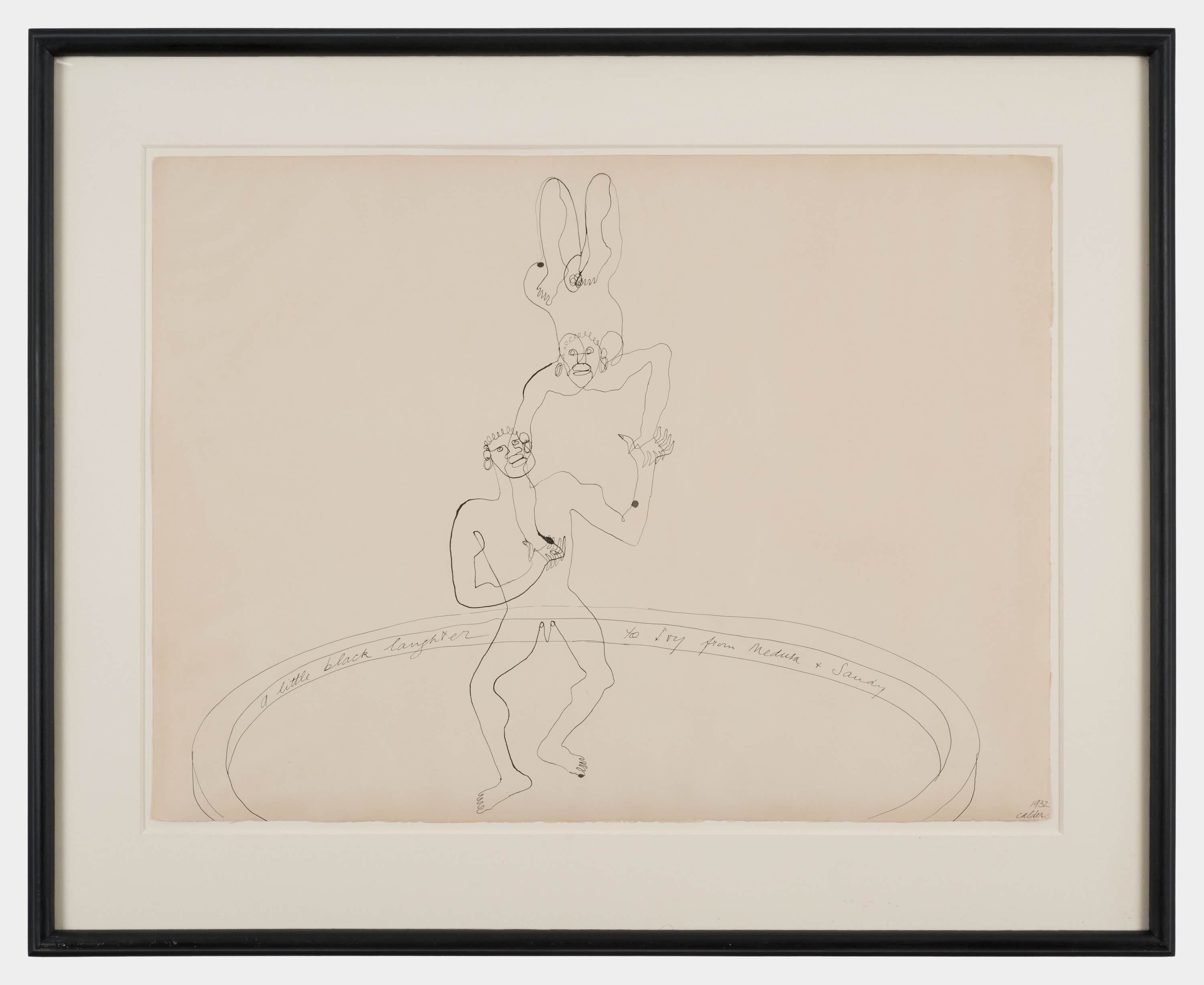
Private collection, Wappingers Falls, New York
Sotheby's, New York, 1993
Private collection, USA, acquired at the above sale
Calder’s engagement with the circus was formative. In 1925 the National Police Gazette commissioned him to draw the Ringling Bros., allowing Calder to closely study rehearsals, performances, and their winter quarters. The experience catalysed a sustained interest in circus themes that informed his breakthrough years and echoed throughout his mobiles, sculptures, and works on paper.
In The Acrobats, Calder compresses the energy of performance into a single, fluid line and a rhythmic composition. This particular work was a personal gift from Calder to the American actress Ivy Troutman, known for her prominent Broadway roles. Troutman’s art collection reflected her discerning taste and she owned several pieces by the artist, including a small mobile displayed in her living room and this large circus drawing, which hung in her hallway.
This original artwork by Alexander Calder is available for immediate purchase.
Alexander Calder
biography
Calder had various jobs before enrolling at the Art Students League in New York City in 1923. In 1925, still a student, Calder worked for the National Police Gazette where his theme of the circus first began with an assignment to sketch the Ringling Brothers and Barnum and Bailey Circus.
In June 1926 Calder made his first wire sculptures at the Academie de la Grande Chaumiere in Paris. Most famously, Cirque Calder, a miniature circus that was animated by hand at performances given to friends. The work was well received by many of the Parisian avant-garde artists such as Fernand Léger, Jean Arp and Marcel Duchamp and also exhibited in New York in 1929 at the Haws-Harden apartment. His wire sculptures are characteristically colourful and finely crafted, often described as drawings made in space.
After visiting Piet Mondrian's studio in 1930 Calder was inspired by the abstract forms in Mondrian’s paintings. He would later become renowned for developing a new idiom in modern art called the ‘mobile’, where he made abstract art move.
In Early 1932 in an exhibition organised by Marcel Duchamp, who coined the word ‘mobile’, Calder displayed his first moving sculpture. Calder’s kinetic works range from being suspended and anchored, and are often monumental in size; he describes their performative element as “dancing in front of you”. Calder compared his stationary sculptures, dubbed ‘stabiles’ by Jean Arp, to traditional paintings as they simply imply movement. His exploration of motion in art began with using motors, but soon Calder used air-currents alone, creating movement he described as occurring "by nature and chance." The subtle, continuous movement of the suspended forms redefine the negative space around their abstract forms.
Today, Calder’s works inhabit many major cities in the world, including many large-scale outdoor sculptures. In addition to his revolutionary sculptural compositions, Calder also produced a wealth of drawings, oil paintings, watercolours, gouache, and created jewellery. As Calder's sculptural oeuvre shifted towards abstraction in the mid-1930s, his prints followed suit; colourful, geometric shapes predominate his works of this time. Calder died in 1976.
Alexander Calder
biography
you may also like
b. 1964
Colourfield
9.2 x 19.9 cm (3 ⁵/₈ x 7 ⁷/₈ inches)
1923 - 2012
Phenomena Celtic Fire Torc
76 x 61 cm (29 ⁷/₈ x 24 inches)
1928 - 2005
Accumulation de Violons
90 x 60 x 11 cm (35 ³/₈ x 23 ⁵/₈ x 4 ³/₈ inches)

